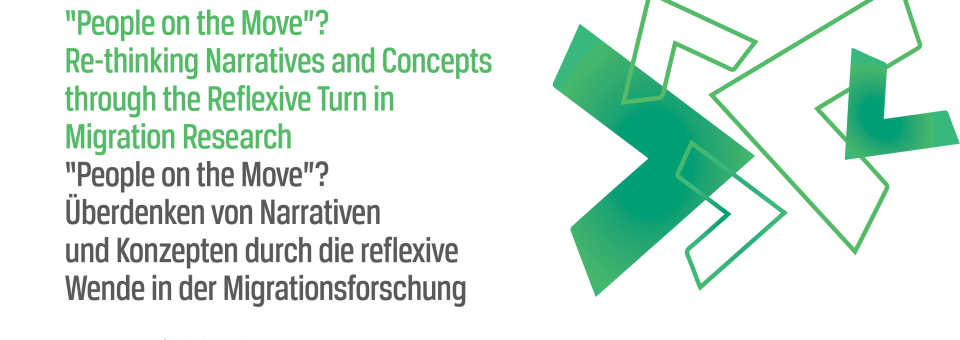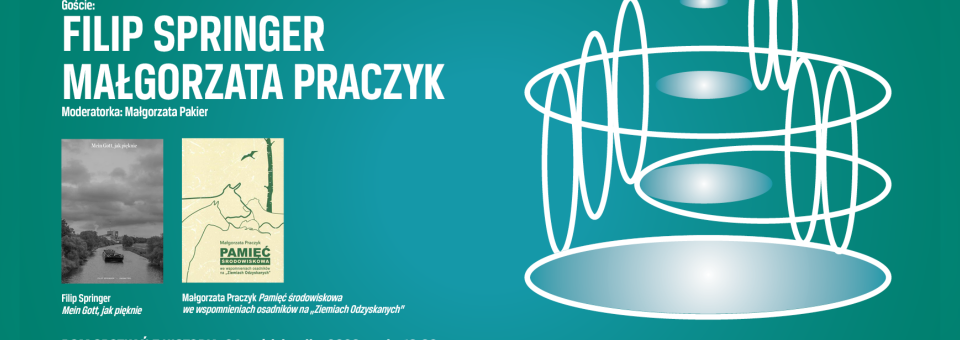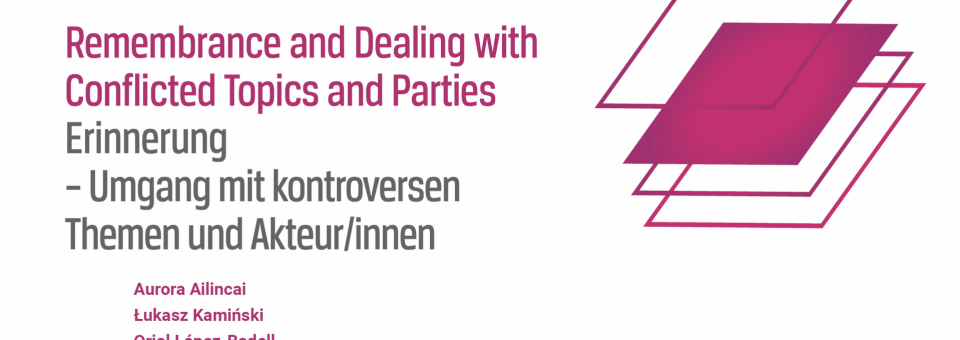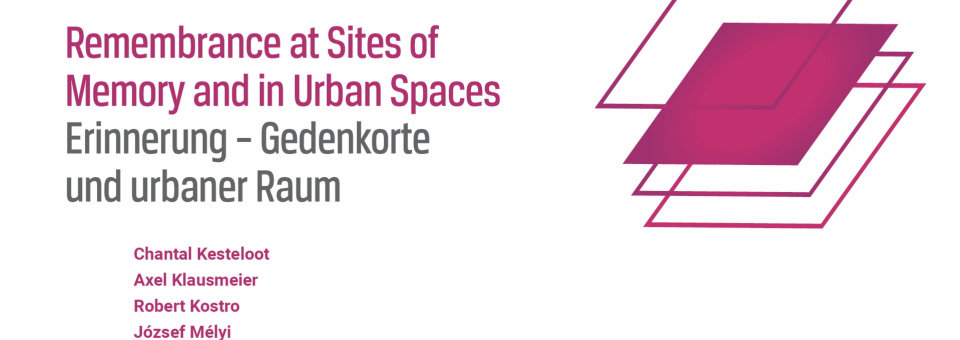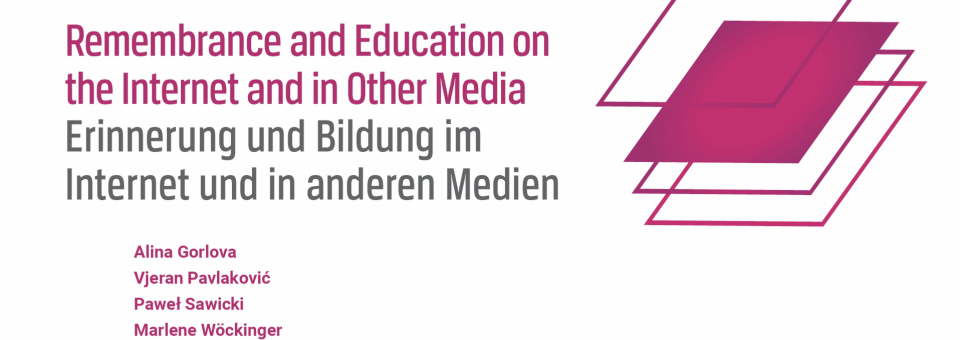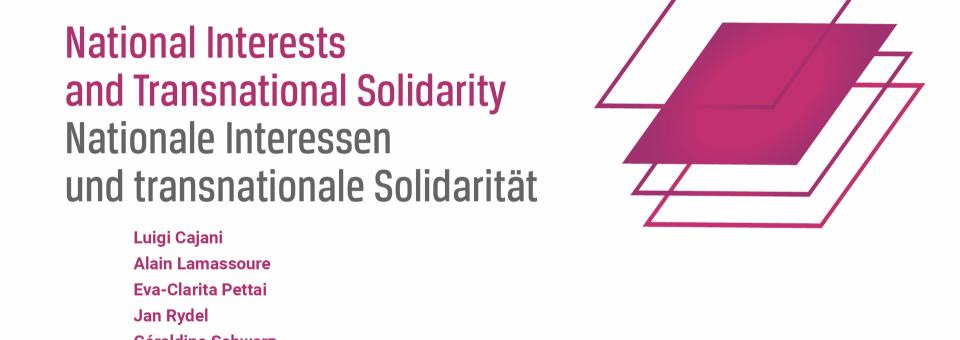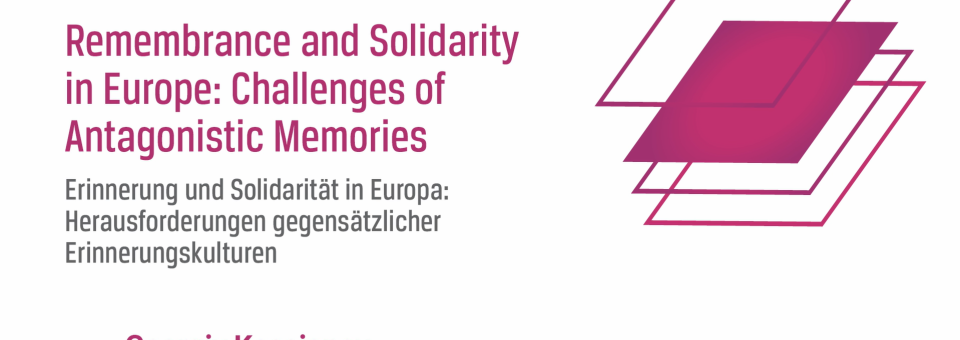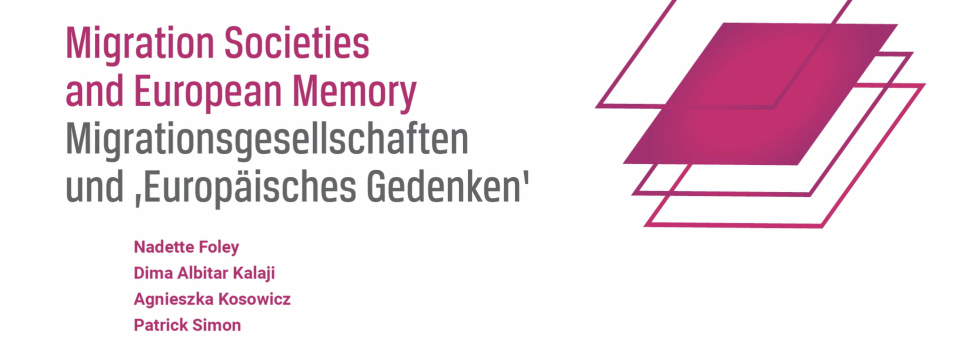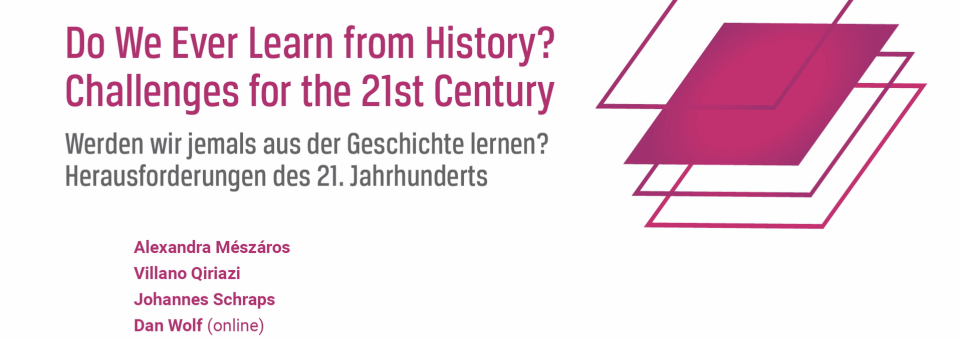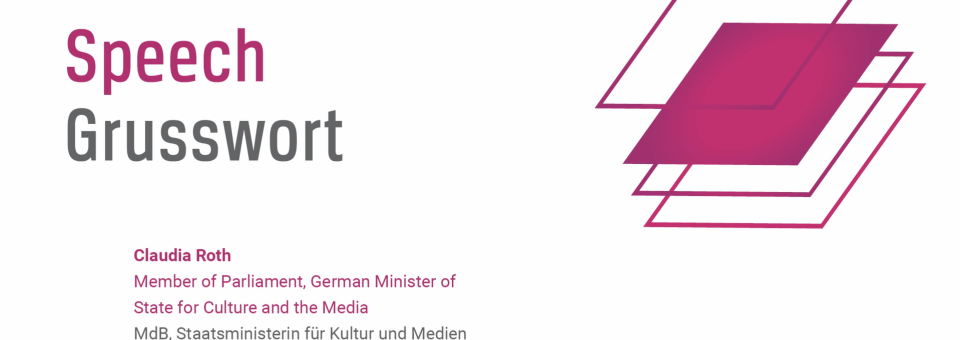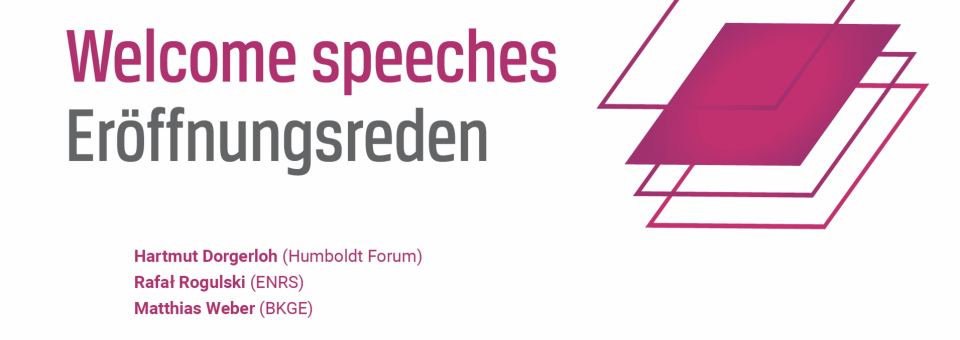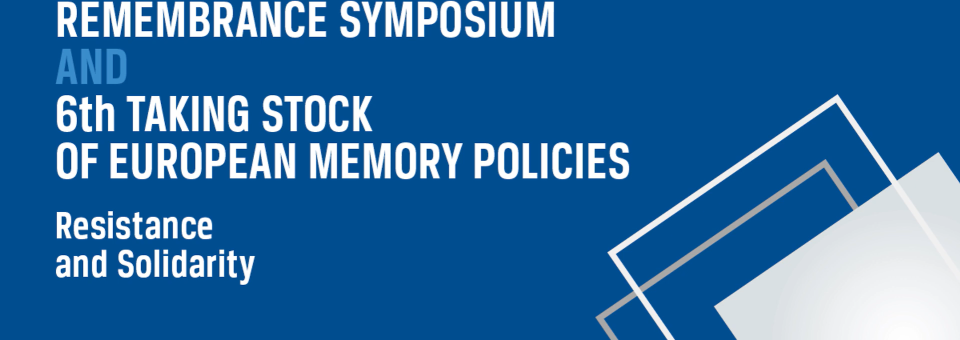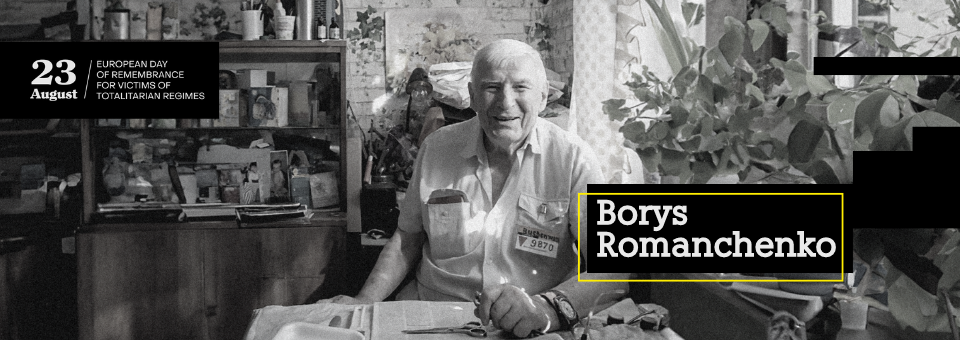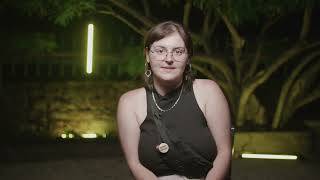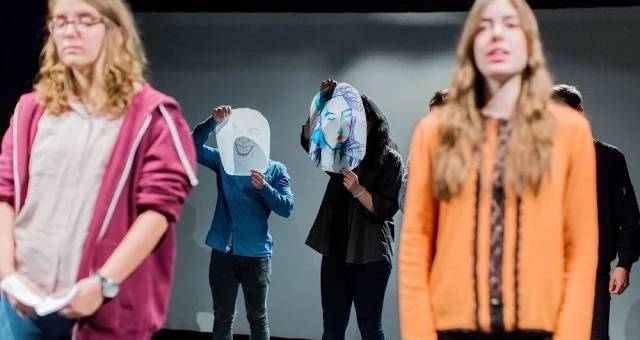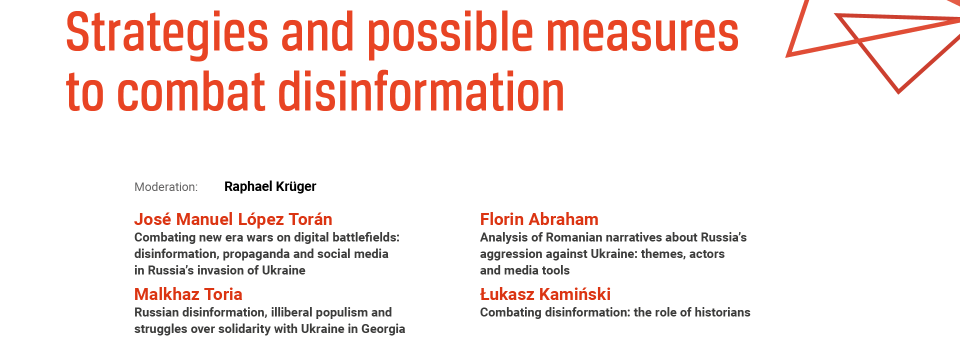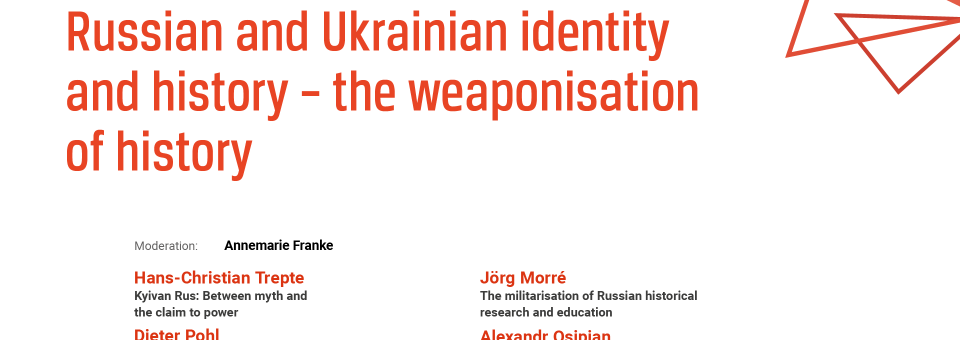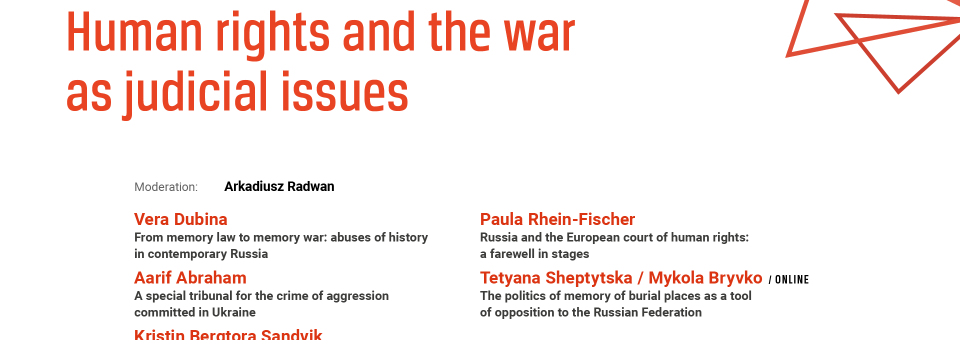The debate “Europe on the Move: A Debate on the Centenary of the Treaty of Lausanne” took place on 1 December 2023 in Bremerhaven, Germany.
The year 2023 marks the centenary of the Treaty of Lausanne, which ended the Greco-Turkish War and initiated the so-called 'population exchange' between Greece and Turkey. The treaty also became the ultimate peace agreement to conclude the First World War.
The debate, which will focus on the role of 20th-century migration (history) in today’s collective European memory. The panelists discussed forced migration resulting from wars, persecution, and political decisions, as well as population movements that are less politically controlled, more individually planned, and even 'voluntary.’
The opening lecture "People on the Move"? Re-Thinking Narratives and Concepts through the Reflexive Turn in Migration Research by Prof. Christoph Rass (University of Osnabrück, Germany) aims to provide an overview of the most important types of migration that shaped European history in the 20th century. Afterwards it tries to resume the main impacts of migration on European societies from a 21st century point of view.
This project is funded by the Ministry of Culture and National Heritage of the Republic of Poland.
